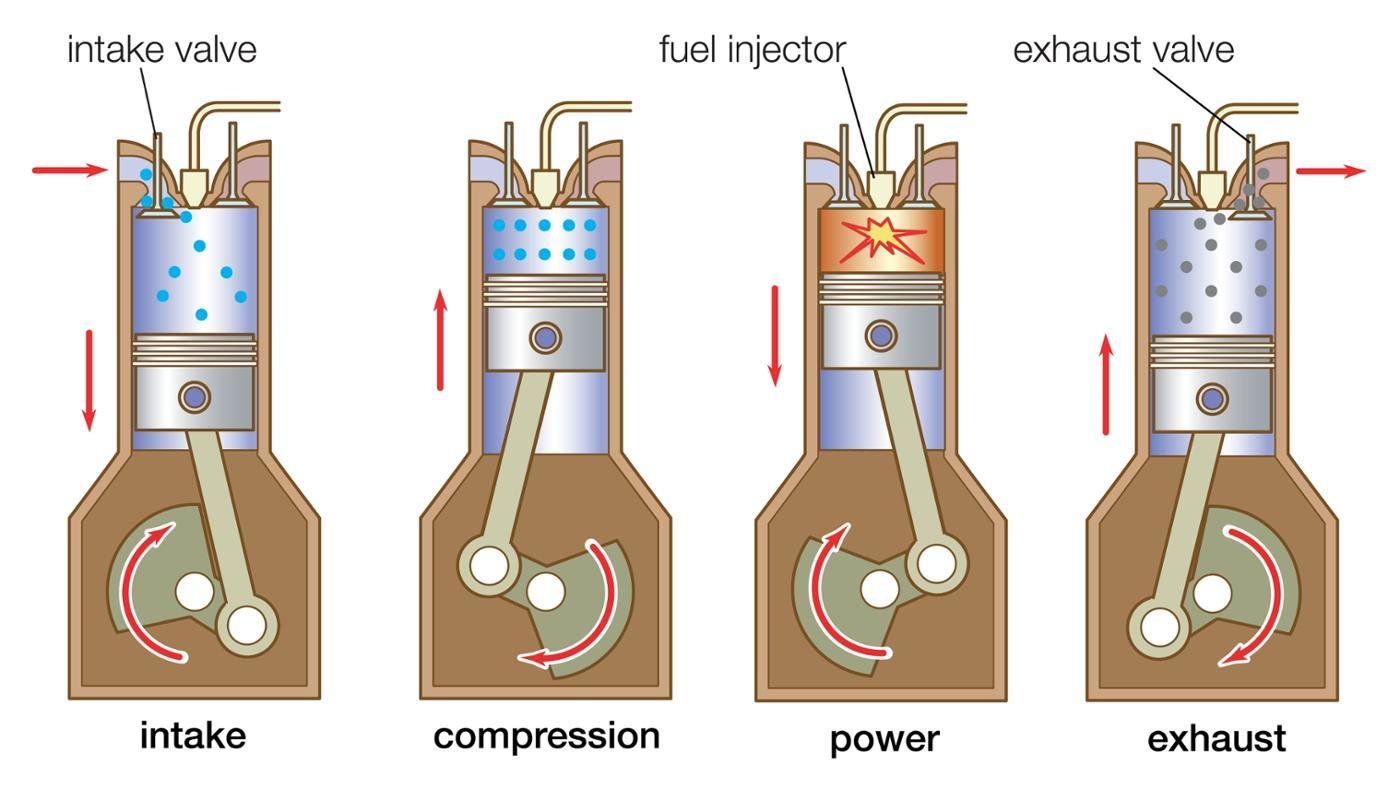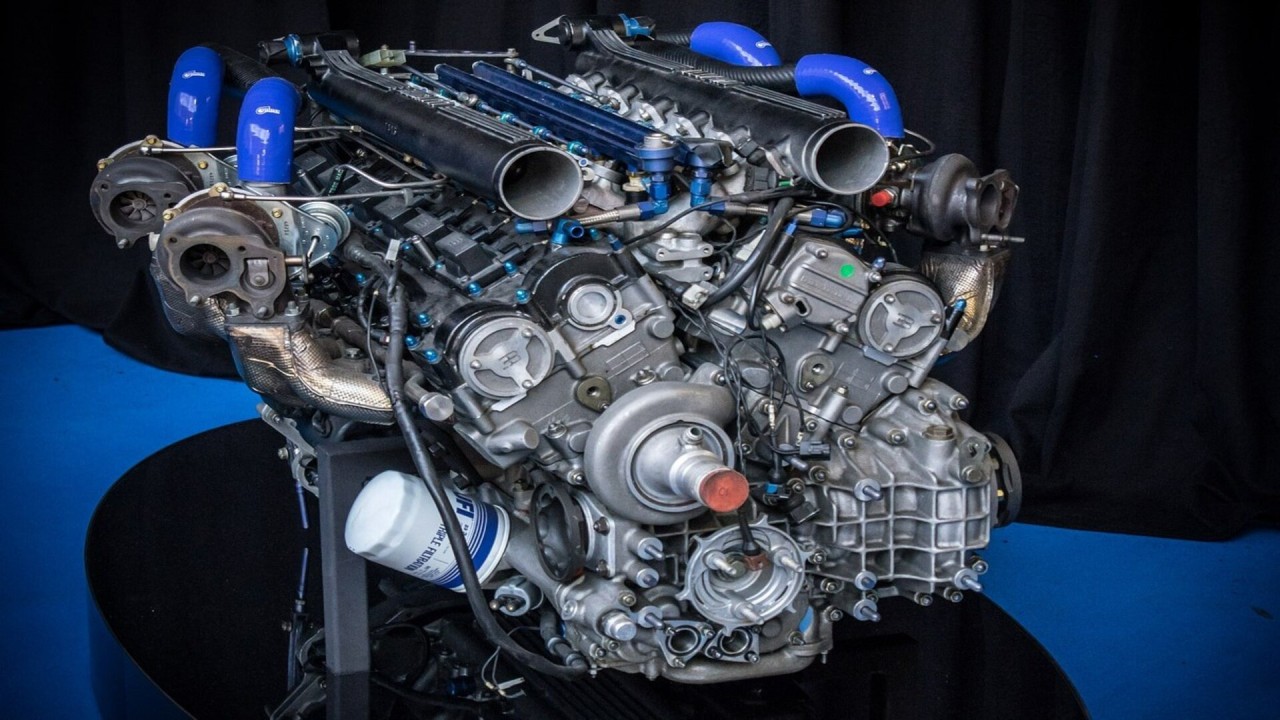Discover Long Lasting and Reliable Products from Engines For Africa
Discover Long Lasting and Reliable Products from Engines For Africa
Blog Article
Check Out a Wide Variety of Engines for each Automobile and Objective
The automotive landscape is increasingly complicated, with a varied selection of engine kinds designed to satisfy particular performance and performance demands across various automobile categories. From the high-performance engines that power sports cars to the fuel-efficient options customized for day-to-day travelling, the choices are huge and varied. Furthermore, durable engines serve the requirements of job cars, while green options are gaining traction in the search of lasting transportation. Comprehending these differences is vital for making notified decisions, particularly as emerging modern technologies continue to shape the future of automotive design. What implications might these innovations hold for customers and suppliers alike?
Kinds Of Automotive Engines
Automotive engines can be classified into a number of distinctive types, each made to meet specific efficiency and effectiveness needs. One of the most common groups consist of inner combustion engines, electrical engines, and crossbreed systems.

Electric engines, on the various other hand, operate electrical power kept in batteries, offering instantaneous torque and zero emissions. These engines are becoming significantly popular due to innovations in battery innovation and the expanding emphasis on sustainability.
Hybrid systems incorporate both inner combustion and electric engines, making it possible for cars to optimize fuel efficiency and lower exhausts by flawlessly changing between source of power. Each engine kind presents its benefits and drawbacks, affecting variables such as automobile layout, meant use, and market demand. Understanding these distinctions is vital for customers and suppliers alike when choosing the suitable engine for their specific needs.
Efficiency Engines for Sports Cars
Efficiency engines for sporting activities cars are specifically engineered to supply enhanced rate, power, and dexterity, setting them besides conventional automobile engines. These engines commonly use innovative technologies such as turbocharging, turbo charging, and variable shutoff timing to optimize efficiency and responsiveness.
Commonly, performance engines are designed with greater compression proportions, which allow for higher power extraction from gas. This causes impressive horse power and torque figures, making it possible for quick velocity and greater full throttle. Additionally, the light-weight materials made use of in these engines, such as aluminum and carbon fiber, add to lowered overall lorry weight, boosting handling and maneuverability.
Engine configurations like V6, V8, and also hybrid systems are usual in performance cars, each offering one-of-a-kind benefits in terms of power shipment and driving characteristics. The tuning of these engines is likewise crucial; numerous manufacturers enhance the engine monitoring systems to offer an exciting driving experience, frequently consisting of sporting activity settings that adjust throttle reaction and gear changes.
Reliable Engines for Daily Commuters
In the world of daily travelling, efficient engines play a crucial duty in optimizing gas economic situation and minimizing exhausts while offering dependable performance. As urban populaces grow and environmental issues heighten, the need for cars geared up with efficient powertrains has risen.
Modern engines made for day-to-day travelers often integrate technologies such as turbocharging, direct gas shot, and crossbreed systems. Turbocharging boosts engine efficiency by compeling even more air into the burning chamber, permitting for smaller sized, lighter engines that do not compromise power outcome. Straight gas shot improves fuel atomization, causing much better burning and enhanced efficiency.
Hybrid engines, incorporating interior combustion with electric power, additional augment gas economic situation, particularly in stop-and-go website traffic, where typical engines can struggle with ineffectiveness. Electric electric motors assist during velocity and can operate separately at low rates, lowering general fuel consumption.
Moreover, developments in engine administration systems and light-weight products contribute dramatically to effective engine design. By concentrating on efficiency, toughness, and ecological sustainability, makers proceed to supply engines that not only meet the needs of everyday commuting yet additionally straighten with international efforts to reduce carbon impacts.
Heavy-Duty Engines for Job Cars
Heavy-duty engines for job lorries are routinely engineered to supply phenomenal torque and integrity under requiring problems. These engines are made to carry out in environments where traditional engines might falter, such as construction sites, logging procedures, and agricultural setups. The main emphasis of durable engines is their ability to create high levels of power while keeping resilience over expanded durations of procedure.
Commonly, sturdy engines use innovative products and robust building and construction techniques to endure the rigors of hefty workloads. Attributes such as reinforced cylinder blocks, improved cooling systems, and progressed gas injection innovations add to their effectiveness. imp source These engines typically run at reduced RPMs, which helps to optimize fuel efficiency while offering the necessary power for carrying and pulling.
Along with mechanical toughness, sturdy engines are typically outfitted with sophisticated electronic control systems (ECUs) that handle performance, emissions, and diagnostics. This assimilation permits for far better monitoring and upkeep, guaranteeing that job lorries remain efficient and functional.
Inevitably, durable engines are an important part in the efficiency of different markets, giving the necessary power and integrity to deal with the most difficult of tasks.
Eco-Friendly Engine Options
The expanding emphasis on sustainability has actually caused the advancement of green engine options that prioritize decreased emissions and improved gas effectiveness. These engines are developed to minimize the ecological effect of lorries while still supplying the efficiency and integrity anticipated by consumers.
Among one of the most notable environmentally friendly alternatives are hybrid and electric engines. Hybrid engines integrate standard internal burning engines with electrical propulsion, enabling lowered gas consumption and reduced greenhouse gas emissions. Electric engines, on the various other hand, run totally on battery power, producing absolutely no tailpipe discharges and adding to cleaner air high quality.
One more promising advancement is the development of biofuel engines, which make use of eco-friendly resources, such as plant materials, to power vehicles (Engines For Africa). By using biofuels, these engines can reduce reliance on nonrenewable fuel sources and lower general carbon footprints

As the vehicle market advances, green engine options will play an essential role in driving the transition in the direction of more lasting transportation services.
Final Thought
From high-performance engines that boost sports automobile abilities to reliable models focusing on fuel economic climate for daily travelers, each kind offers a specific function. Sturdy engines provide to robust work automobiles, while environmentally friendly alternatives, such as electric and biofuel engines, advertise lasting transportation.

Report this page